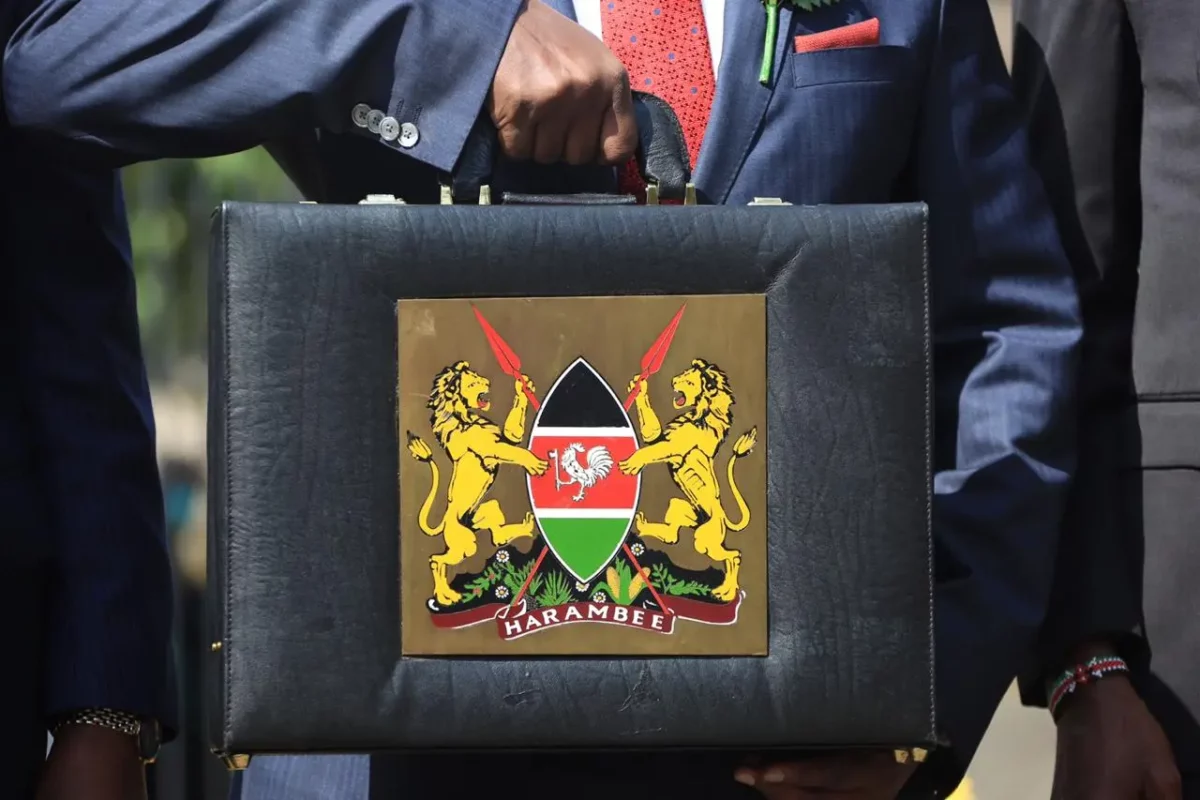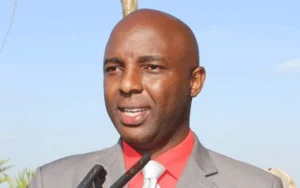Kenya had to borrow Ksh3.43 billion to cover the budget shortfall in the commitments for paying off foreign debt according to the country’s Auditor-General, Nancy Gathungu.
This is as a result of the shilling’s depreciation against the US dollar during the first half of the fiscal year 2022–23.

The Auditor-General has now asked the Treasury to use hedging in order to shield the taxpayer from rising debt service costs brought on by the foreign exchange exposure component of the country’s stock of public debt.
According to the Auditor-General, Ksh3.43 billion was allocated in the first half of 2022/23 to make up for deficits in payments on external debt brought on by variations in foreign exchange rates.
This information was most recently provided by the Controller of Budget, Dr. Margaret Nyakang’o.
Read Also: Kenya: Knee-Deep in Debt but Keeps on Borrowing
The concerns are timely given that recent data from the Central Bank of Kenya (CBK) shows that the nation’s public debt stock closed April 2023 at Ksh9.63 trillion.
52.9% of that debt made up of foreign debt, up from 50.9% in January, indicating the impact of the sliding shilling on the nation’s debt profile.
The shilling is currently worth 140.52 units, down 13.9% from its initial value against the US dollar, according to CBK figures.
The government announced in March a deal to buy petroleum goods on credit from Saudi Aramco and the Abu Dhabi National Oil Company for a term of six months in an effort to relieve pressure on the local currency.
Read Also: The weakening economy as banks in Kenya face hardships
With the surprising news that in the first half of the fiscal year 2022–23, the government paid Ksh680 million for loans that they had not yet drawn down on.
The Office of the Auditor General has also raised concerns about the growing weight of commitment fees produced by secured but unused loans.
“There is the non-disclosure of loans and overdrafts held by other national and county government entities as well as other government liabilities such as pending bills and pension arrears. The government continues to pay commitment fees on undrawn amounts in respect of loans signed between the government of Kenya and foreign lenders. Within the first half of 2022/23, the National Treasury paid commitment fees worth Ksh680 million,” said the audit office.
Subscribe to Switch TV for more informative content
The Auditor has criticized what she has referred to as opacity in the way liabilities are documented at both the national and local levels of government and asked for greater transparency.
















